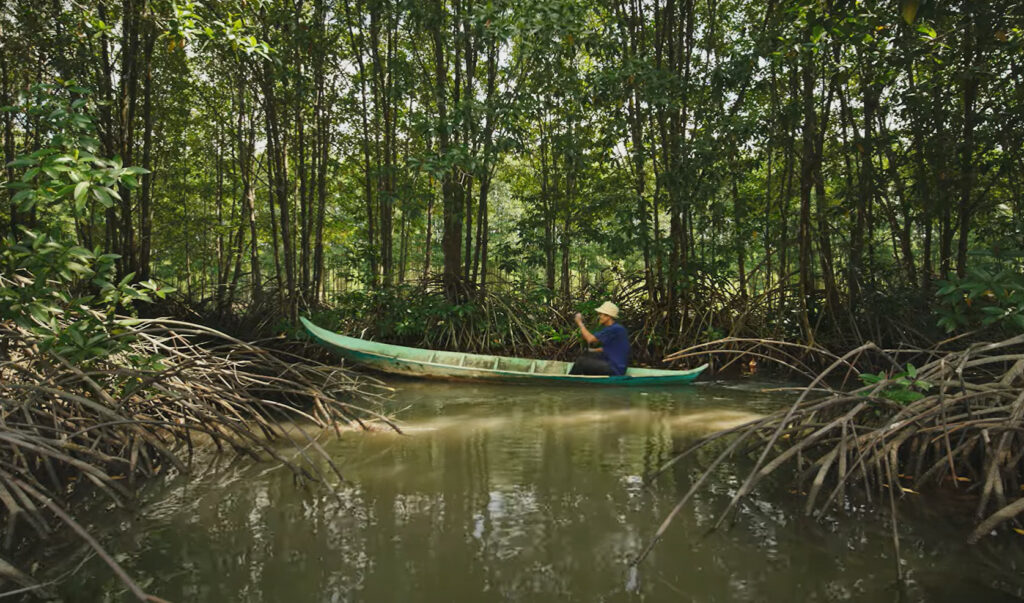BAP Welcomes First Cobia Facility To Program
Cobia is the latest type of farmed seafood to be represented in the Best Aquaculture Practices (BAP) certification program, with the certification of Open Blue Sea Farm Panama S.A.’s processing plant, farm and hatchery, the Global Aquaculture Alliance announced in mid-March.
Because it attained BAP certification for its processing plant, farm and hatchery simultaneously, Open Blue is already capable of offering three-star BAP cobia, signifying that the product originates from a BAP-certified processing plant, farm, hatchery or feed mill. Open Blue is the first cobia producer to apply for and earn BAP certification.
The audits were conducted by SAI Global. BAP actively works with certification bodies (CBs) to coordinate competent auditors to audit facilities against multiple certification standards to limit the time and expense associated with multiple visits. While visiting Open Blue, SAI Global also audited Open Blue’s farm against the GlobalG.A.P. and Friend of the Sea certification standards.

“This reflects the ongoing commitment of our team to feed current and future generations in harmony with the ocean,” said Dave Plumer, CEO of Open Blue. “Our customers trust Open Blue cobia as a reliable, sustainable source of heart healthy, delicious whitefish, responsibly raised in the pristine, deep waters of the open ocean.”
Founded in 2007 by Brian O’Hanlon, Open Blue raises cobia offshore in low-density, fully submerged pens located 8 miles off Panama in the Caribbean Sea. The open-water, high-current setting provides a natural growing environment for the fish, reducing the risk of disease and virtually eliminating the impact on the surrounding ecosystem. Cobia are native to the Caribbean.
Open Blue is a pioneer and world leader in raising fish in the open ocean. It is the single largest supplier of fresh cobia to the U.S. and Europe. Its operations represent the culmination of a decade of cutting-edge research on deep-ocean aquaculture, in collaboration with the world’s leading scientific laboratories and universities. The result is a revolution in the way fish are responsibly raised, from egg to plate.
“Open Blue is committed to responsible farming practices to meet the most stringent standards to satisfy its customers. At the same time, the company is focused on achieving the highest standards of credible, validated assurance of sustainable farming practices and food-safety excellence.” added Plumer.
With the certification of Open Blue, there are now 15 types of farmed seafood represented in the BAP program, in addition to aquaculture feed — Arctic charr, barramundi, channel catfish, cobia, crawfish, golden pompano, grouper, mussels, pangasius, rainbow trout, red snapper, salmon, shrimp, steelhead trout and tilapia.
BAP is the world’s most comprehensive third-party certification program, with standards encompassing environmental responsibility, social responsibility, food safety, animal health and welfare and traceability. Currently, there are more than 1,600 BAP-certified facilities worldwide.
About BAP
A division of the Global Aquaculture Alliance, Best Aquaculture Practices is an international certification program based on achievable, science-based and continuously improved performance standards for the entire aquaculture supply chain — farms, hatcheries, processing plants and feed mills — that assure healthful foods produced through environmentally and socially responsible means. BAP certification is based on independent audits that evaluate compliance with the BAP standards developed by the Global Aquaculture Alliance.




